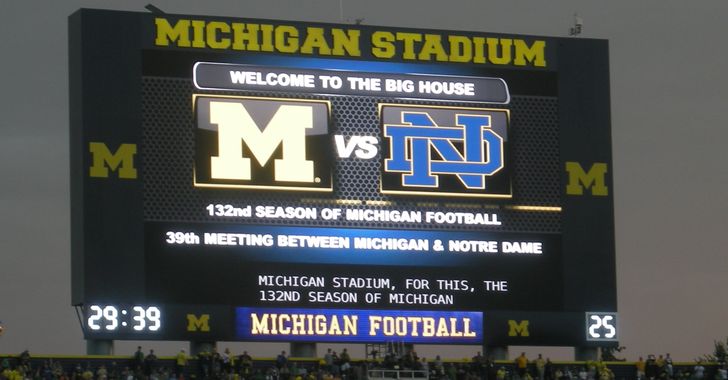Earlier this month, The Guardian published a story detailing the circumstances around the death of an Amazon worker at the facility in Etna, Ohio.
Gretchen is a former Amazon employee that I spoke to for this article. She was working at the Etna facility that day. She remembers seeing her friend crying, visibly shaken, and explaining that someone had just died. She remembers someone telling her there were ambulances outside.
But, besides the words of fellow employees, the rest of the day ran uneventfully.
According to Gretchen, Amazon did not acknowledge the death until the next day.
According to Gretchen, the following day, at a routine meeting held before the workday begins, a moment of silence was given to Billy Foister, the man who had died just the day before in that very facility.
According to Gretchen, besides that? Nothing.
The facility continued along as if nothing had happened. Workers, even those who had seen Billy and tried to help him, were back at right just the next day, including the friend who was the first to tell Gretchen someone had died (who may have been the first person to see Billy, the Amazon "amnesty" worker mentioned by The Guardian).
While Gretchen no longer works at Amazon, she says her discontentment with their practices goes back much further than that day. Hot workrooms, restrictive sick leave, and draconian firing policies all left a lot to be desired.
Above all else, Gretchen says it was her experience after being sexually harassed that really broke the camel's back.
During her time at Amazon, which was just a few months, Gretchen says she was sexually harassed twice. Both times she said she felt like she was being punished for speaking out against the incidents. She says Amazon "disregarded how I was feeling, acting like it wasn't a big deal."
The first incident involved a few comments from a coworker that made her very uncomfortable. Gretchen simply stated that she would like to not have to interact with him. The response from Amazon's human resources, however, was to move Gretchen to a new area of the facility instead of the person who had made the comments.
The second incident, according to Gretchen, was far more physical. While going to her car, Gretchen says she was approached by someone who attempted to force themselves into the car with her. Gretchen remembers them saying, "If I wasn't married, I would throw you in the back of your car and show you a good time."
Gretchen says there is video footage of this incident, and that a friend also heard the comment.
Unlike the first incident, in which at least something was done (although unsatisfactory), after Gretchen informed human resources of the incident in the parking lot, she says nothing happened.
She still saw the person in question every day at work. There was nothing she could do to avoid them. Furthermore, she was presented with what she called a "behavioral warning" shortly after reporting the incident.
It's easy to see why so many negative stories flow out of Amazon facilities. Perhaps even easier to understand is Amazon's turnover rate. Whether it is the physical health of its employees or the mental trauma they have to deal with while on the job, it is very clear that it's time for Amazon to care more about its workforce.
And it's time for its customers to hold them accountable.







 Photo by
Photo by 









































